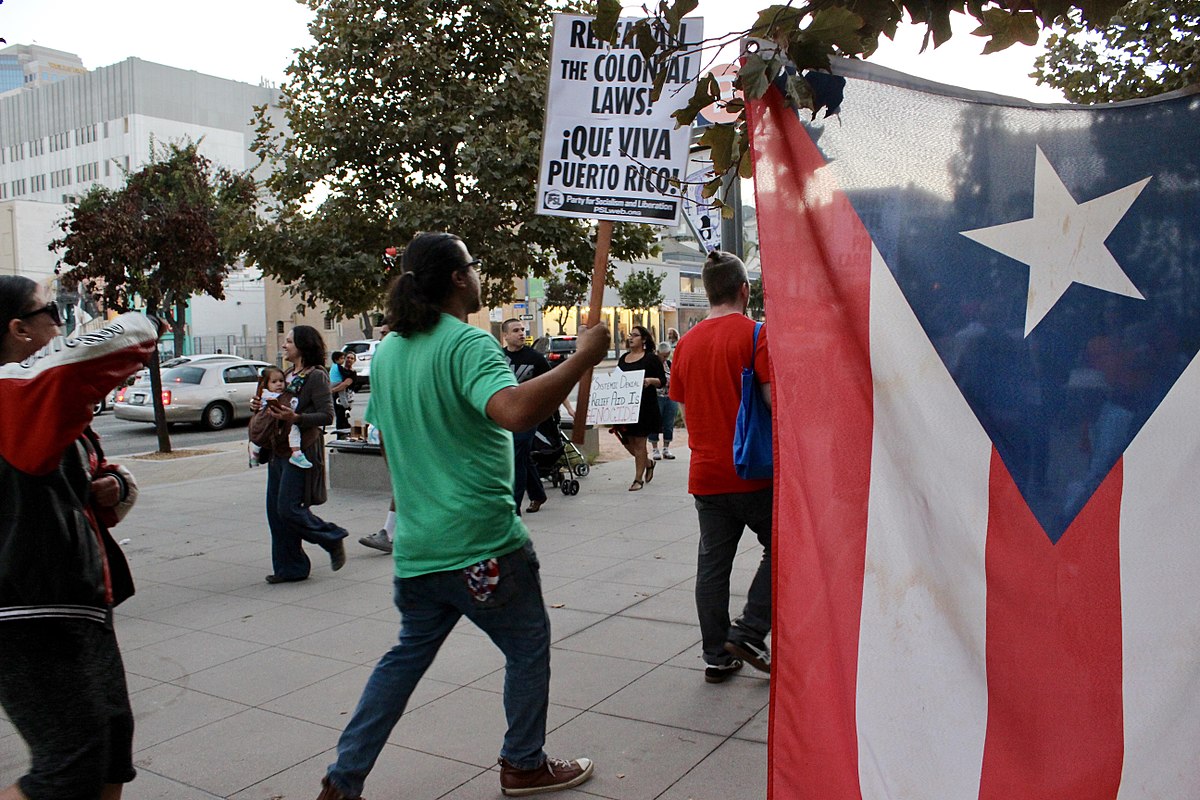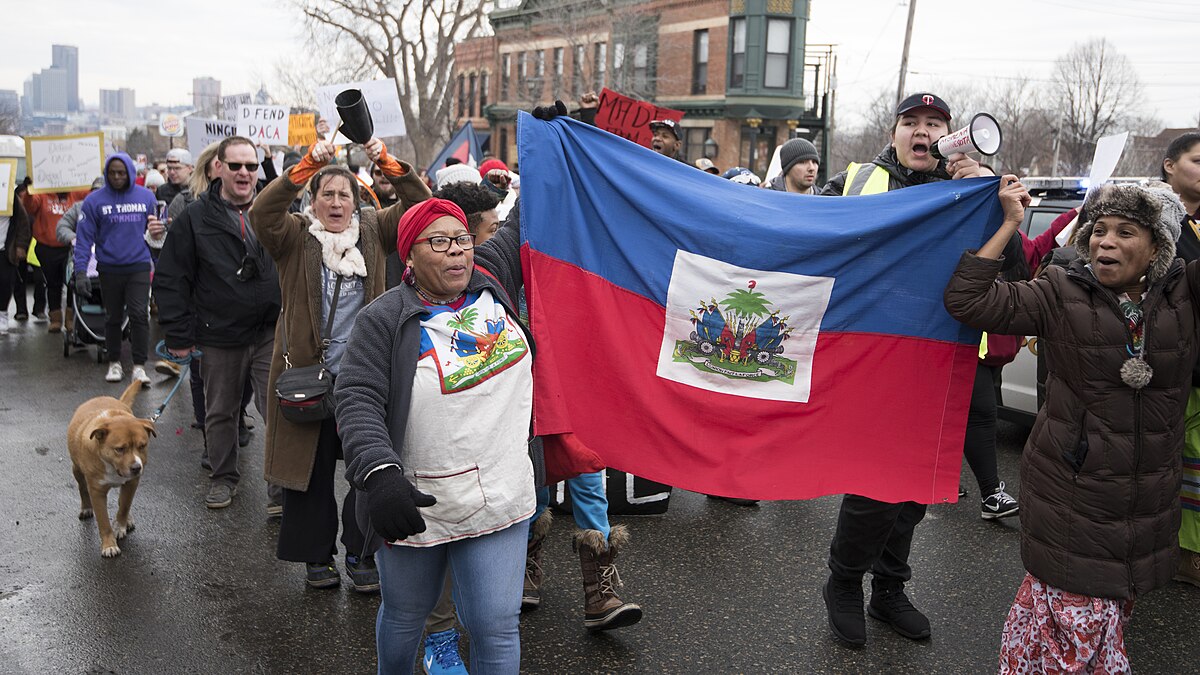There is a concern of US researchers, activists and lawmakers with the possible production and distribution campaigns of fake news aimed at Latino or Hispanic voters living in the United States, which can influence, to a large extent, electoral disputes and political campaign strategies next year, when legislative elections take place. In 2022, all seats in the House of Representatives and 1/3 of the seats in the Senate will be at stake.
According to the
NBC News article, critics point out that social media platforms are not prepared to filter out these types of political misinformation. “For a lot of people, there’s a lot of concern that 2022 will be another big wave”, said Guy Mentel, executive director of Global Americans, a think tank that provides analysis of key issues in the Americas.
The great wave of political disinformation was a major topic during and after last year's presidential election, when Joe Biden was elected by a narrow margin. Before the elections, some fake news was advertised on various on-line platforms, such as Facebook. Some of this news “revealed” that Biden was a communist, a fact that was proven to be a conspiracy theory during the inauguration. Some of the theory's proponents pointed out that Lady Gaga wore a gold pin similar to that of Claudia López Hernandez, “the first openly gay mayor of Bogota”, a sign that Biden was aligned with “obscure foreign leftists”.
Resurrecting
accusations of fraud in the last presidential elections, Donald Trump has also been trying to influence the 2022 legislative elections. In June this year, at the Greenville Convention Center (North Carolina), Trump stated that “the survival of the United States depends on our ability to elect Republicans in all levels, starting with next year's midterm elections”.
During the 2020 election, Diego Groisman, a research analyst for New York University's Cybersecurity for Democracy project, “flagged Facebook ads targeting Latino voters in Texas and Florida that described Biden as a ‘communist’. The ads in Florida – where the majority of the country's Venezuelan population is concentrated – compared Biden to Socialist President Nicolás Maduro. “There were clearly specific Spanish-speaking communities that were being targeted,” said Laura Edelson, the lead researcher for NYU’s program”.
“Critics argue that social media companies like Meta, which owns Facebook, Instagram and WhatsApp, have placed outsize attention on removing or fact-checking misinformation in English over other languages like Spanish. An internal Facebook memo, written in March, revealed the company’s ability to detect anti-vaccine rhetoric and misinformation was ‘basically non-existent’ in non-English comments”.
There is also an estimate presented by researchers from the Global Disinformation Index that Google should close the year with a surplus of US$ 12 million only with the sale of ads on websites that carry false information in Spanish about Covid-19, despite publicly denying the information.
Much of the false information originating in the United States is repeated in translated content on websites and social media in various Latin American countries, including Brazil. This type of content is still “shared back through YouTube videos or messaging apps with Spanish speakers in expatriate communities like those in Miami and Houston”.
As we have
previously pointed out, the Latino public, compared to the general population in the United States, is greatly inclined to consume and share false news and information on-line especially by spending more time on platforms such as YouTube, WhatsApp, Instagram and Telegram.
The concern about a new wave of false information is important not only for health services in the matter of access to basic information of the population in times of pandemic, but also for Democrats, who fear to lose the influential position they have conquered historically among Latino voters in the country, especially "after surprise losses last year in places like South Florida and the Rio Grande Valley in Texas”.
 ramblingsofapr.com
ramblingsofapr.com











